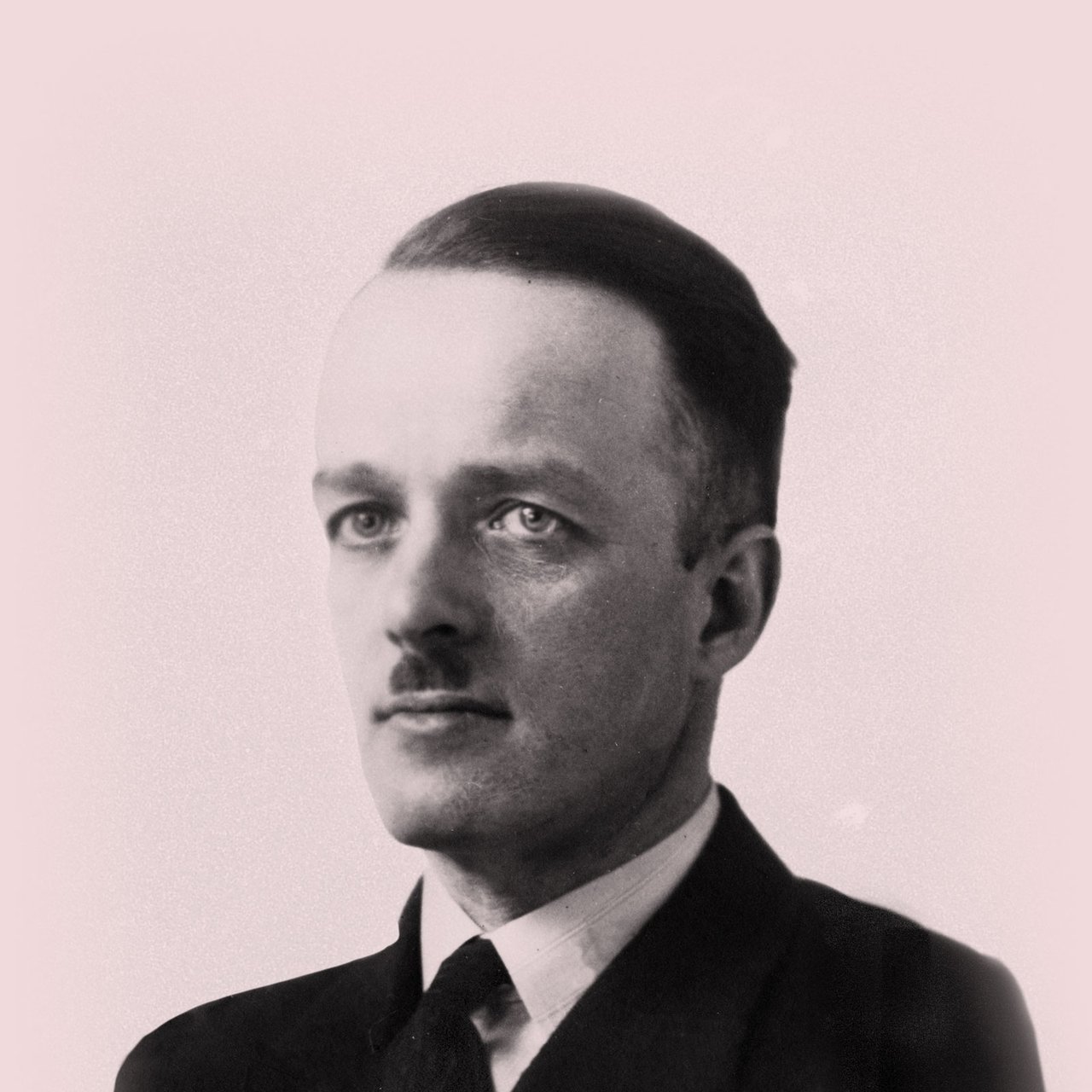Victor Kugler started working for Otto Frank in 1933. Otto had just started trading in pectin, a gelling agent for making jam. Victor kept track of the orders and explored options for increasing their sales. His colleague Miep Gies described him as ‘a husky, good-looking man, dark-haired and precise. He was always serious, never joked.’
In 1941, Victor helped Otto to keep his companies out of Nazi hands. To this end, he took on the management of the newly established company Gies & Co.
In the spring of 1942, Otto asked Victor to help the Frank and Van Pels families should they have to go into hiding in the annex - an empty part of the business premises. Victor never hesitated. ‘They were my friends, I could not let them be butchered by the Germans,’ he said in an interview after the war.
